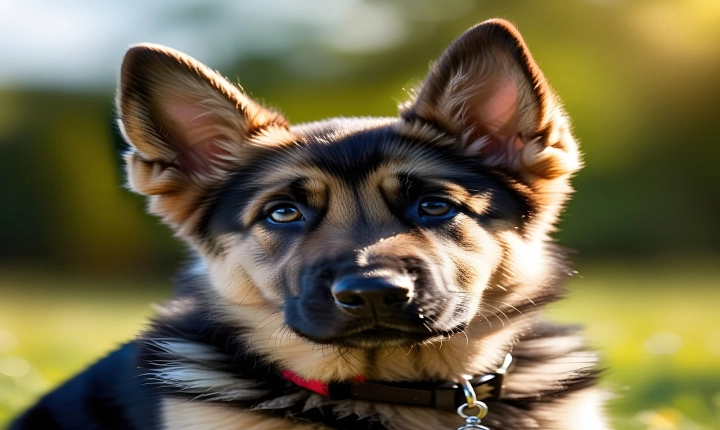Does ChatGPT Infringe Copyright?
As the use of AI technology becomes more prevalent in various industries, questions about its potential impact on copyright laws have been raised. One of the prominent AI applications in recent years is ChatGPT, a conversational AI developed by OpenAI, which has sparked discussions about whether its use infringes upon copyright.
ChatGPT, like other AI models, operates by analyzing and generating text based on vast amounts of data. It uses sophisticated algorithms to understand and generate human-like language, making it a valuable tool for various applications such as customer service, content generation, and language translation. However, the use of copyrighted materials in training AI models, including ChatGPT, has led to concerns about potential copyright infringement.
One of the primary areas of contention is the use of copyrighted text and data to train AI models like ChatGPT. While OpenAI has stated that they take copyright infringement seriously and only use publicly available data to train their models, it is possible that some copyrighted material may inadvertently be included in the training data. This raises questions about whether the resulting AI-generated content could be considered a derivative work, potentially infringing on the original copyrighted material.
Another area of concern is the potential for AI-generated content to replicate original works in a way that may constitute copyright infringement. For example, if ChatGPT produces text that closely resembles a copyrighted work, there may be questions about whether this constitutes a reproduction of the original work, potentially infringing on the rights of the original creator.
Furthermore, the use of AI-generated content in commercial applications, such as writing articles, music, or software code, raises additional copyright concerns. If AI-generated content is used for commercial purposes, there may be questions about whether it violates the rights of the original creators and whether proper attribution and compensation are provided.
Despite these concerns, the legal landscape surrounding the use of AI-generated content and its potential infringement on copyright is currently ambiguous. Existing copyright laws were not designed to specifically address AI-generated content, leading to uncertainty about how these laws apply in the context of AI technology.
Moreover, the ethical considerations surrounding the use of AI and copyright are complex. On one hand, AI has the potential to create new and innovative content, but on the other hand, it may inadvertently infringe on the rights of original creators. Balancing these interests while promoting innovation and creativity is a challenge that requires careful consideration and dialogue between stakeholders in the AI and copyright communities.
In conclusion, the use of AI technology, such as ChatGPT, raises important questions about copyright infringement and the impact of AI-generated content on original creations. As the development and use of AI continue to evolve, it is essential for policymakers, legal experts, and industry stakeholders to engage in discussions and collaborate on addressing the copyright implications of AI technology. Clear guidelines and regulations will be crucial to ensure that AI can be harnessed ethically and responsibly, while also respecting and upholding the rights of original creators.
